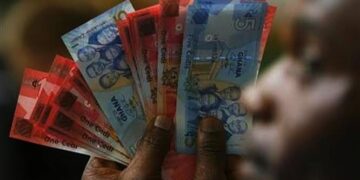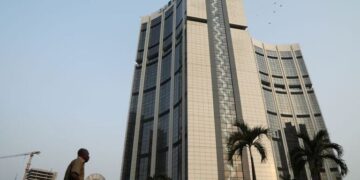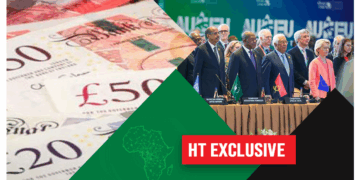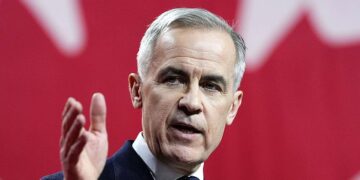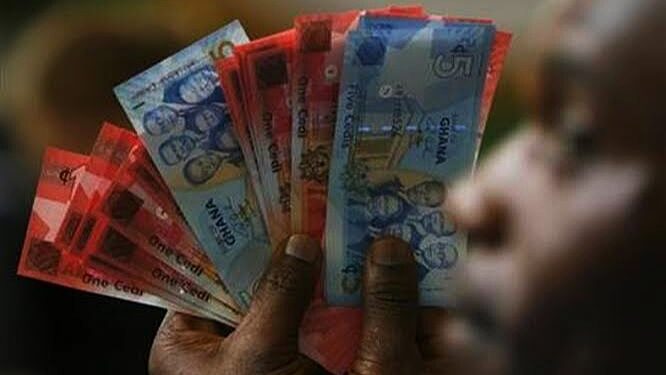By John Ikani
Consumer inflation in Ghana accelerated to 29.8% annually in June from 27.6% in May, hitting the highest level in almost 19 years.
The official data released on Wednesday by Ghana Statistical Service (GSS), shatters another record as the West African nation is in talks with the International Monetary Fund (IMF) for support.
The rate of inflation was once again driven by Transport (41.6%); Household Equipment and Maintenance (39.6%); Housing, Water, Gas and Electricity (38.4%); Personal Care and Miscellaneous (31.7%); Recreation, Sports and Culture (31.3%) and Food and Non-Alcoholic Beverages (30.7%). These items recorded inflation rates higher than the national average.
According to the figures, food inflation surged to 30.7% in June 2022, from 30.1% recorded in May 2022.
Non-food inflation also went up by 3.4% to 29.1% in June 2022.
Similarly, month-on-month inflation between May 2022 and June 2022 was 3.0%.
Whilst inflation for locally produced items was 29.2%, that of imported items was 31.3%.
In case you missed it
It would be recalled that Hundreds took to the streets of Ghana’s capital Accra last month to protest against high inflation, weak growth and a deteriorating local currency. Days later, four of Ghana’s largest teachers unions said they would strike if their wages weren’t increased in tandem with rising prices.
After pledging not to return to the IMF, the government said shortly after the protests that it would seek an economic support package to ward off a “fully blown crisis”. A staff mission from the IMF was due to conclude its first visit to Ghana on Wednesday.
A mid-term budget review scheduled for Wednesday was postponed to an unspecified date due to the IMF talks, a finance ministry spokeswoman told Reuters.
The government has blamed its woes on a combination of external forces including COVID-19, the war in Ukraine, as well as American and Chinese economic downturns.
